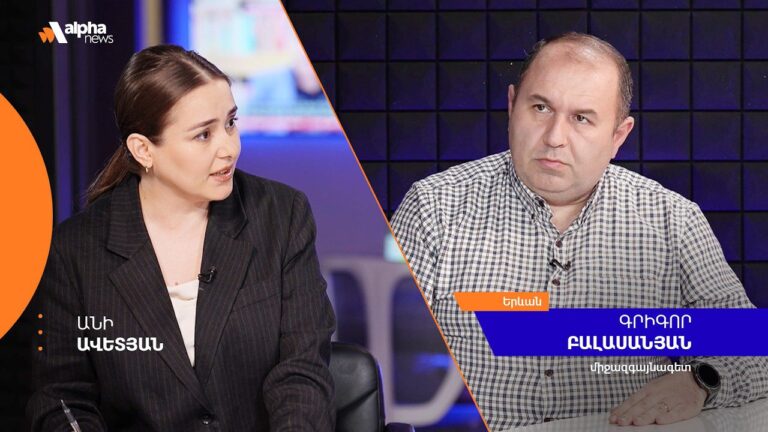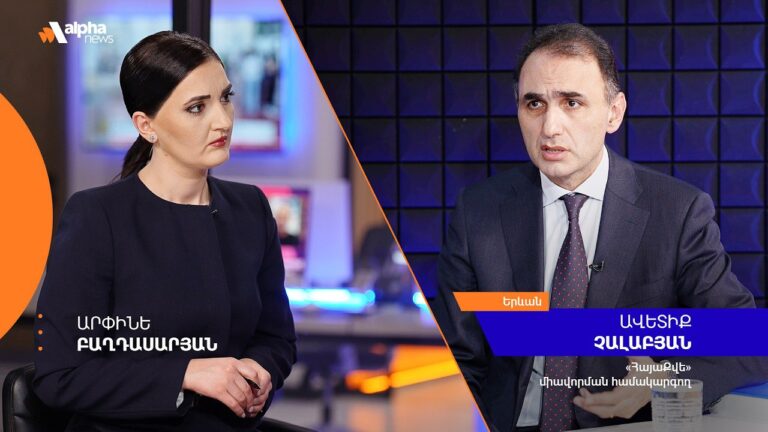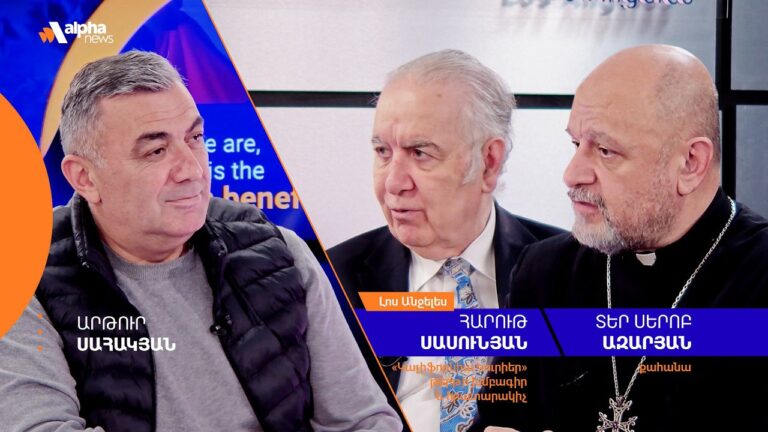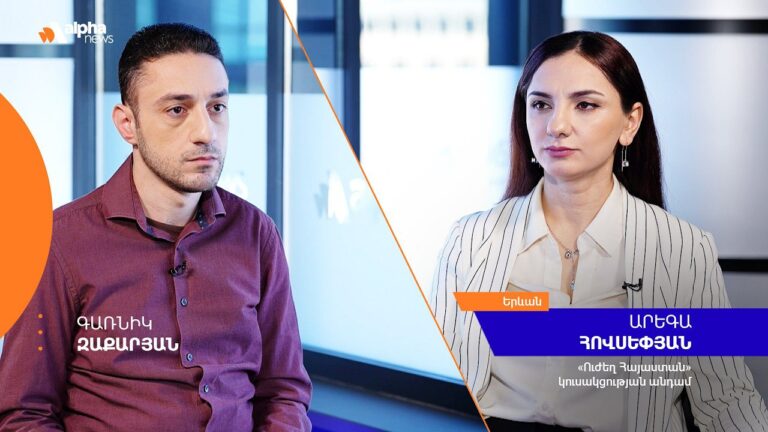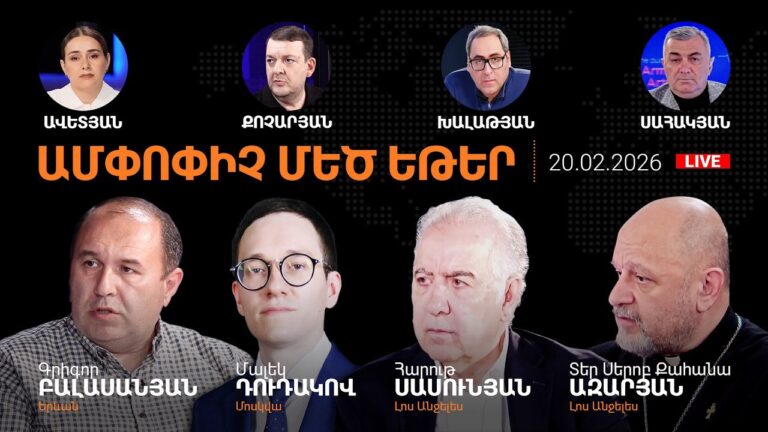Did Pashinyan bet on the right ‘geopolitical horse’?
December 14 2023, 14:50
On December 12, it was reported that Armenia’s High Commissioner for Diaspora Affairs, Zareh Sinanyan, would travel to Ukraine. The corresponding decree was signed by Nikol Pashinyan.
The business trip will last from December 12 to December 20, with Sinanyan planning to visit Odessa, Dnipro, Kharkiv and Kyiv. There, he will hold meetings with representatives of the Armenian community, businesspeople and cultural figures.
Sinanyan’s business trip to Ukraine is just a link in the chain of events in recent months, indicating not only the rapprochement of the Armenian authorities with Ukraine but also a provocative demonstration of Pashinyan’s readiness to integrate into any anti-Russian agenda of the West.
What chain of events are we talking about? Anna Hakobyan’s visit to Ukraine, Nikol Pashinyan’s meeting with Volodymyr Zelensky, Security Council Secretary Armen Grigoryan’s participation in the Malta conference on the “Ukrainian Peace Formula”, suggesting the creation of an international tribunal against the military-political leadership of Russia, Armenian President Vahagn Khachatryan’s contacts with Volodymyr Zelensky at the inauguration of the newly elected President of Argentina Javier Milei, and finally, the visit of Zareh Sinanyan to Ukraine.
The fact that Sinanyan was sent on a business trip to Ukraine has already provoked many comments, among other things, it was quite rightly noted that everyone who meets Sinanyan will automatically be included in the “black list of Russia”.
However, this is only the tip of the iceberg; the Armenian-Ukrainian “warming” has much more fundamental reasons and is primarily related to Pashinyan’s personal political future. These visits are directly related to the topic of potential snap parliamentary elections in Armenia.
Snap elections seem logical both in the case of Armenia and Azerbaijan, since in both cases the situation has not just changed, but a certain political cycle and a political project within this cycle have been completed.
Ilham Aliyev completed the cycle by solving the task with which he went to the last elections: the entire territory of Nagorno-Karabakh came under the control of official Baku; thus, the political project needs to be updated. If last time “Karabakh was the basis of Aliyev’s project,” now it is Armenia’s turn. It is no coincidence that the topic of “Western Azerbaijan”, that is, territorial claims against Armenia, is actively being introduced into the social and political discourse in Azerbaijan and Turkiye. It is with this project that Ilham Aliyev will go to the elections.
Pashinyan also actually completed one political project. Having come to power in 2018, he surrendered the whole of Artsakh to Azerbaijan by the end of 2023, without providing any living conditions for Karabakh Armenians either in Nagorno-Karabakh or in Armenia. Thus, one huge and disgusting political project has been completed.
The idea that “getting rid of Artsakh will be possible to break away from Russia” has long been ingrained in Armenia, and it is logical to assume that the new political project with which Pashinyan can go to these notorious snap elections will be aimed at completely squeezing Russia out of Armenia and the disintegration of the country from such associations as the CSTO, the CIS, and even the EAEU.
However, there is a nuance, and given the fact that in the West it is accepted to provide new personalities for each new project (look at the history of the same Ukraine, which had 4 presidents since 2004, who generally pursued anti-Russian policy but performed different functions), Pashinyan fears that he will be “written off”, and therefore, for the West and Turkiye, he must be drastically different from other potential candidates.



